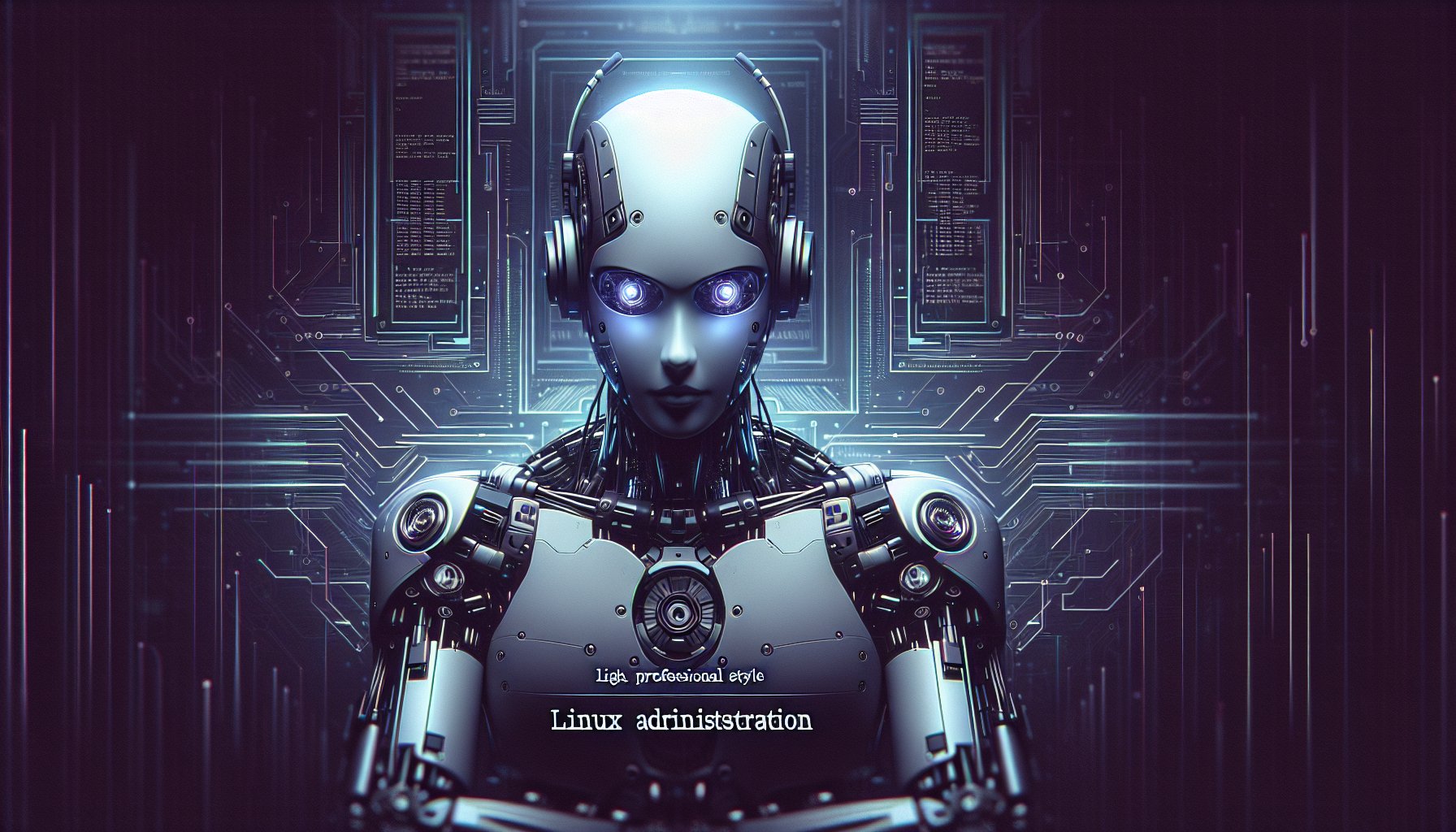Introduction
Linux, an open-source operating system, has always been a critical component in the IT world. With its robust, versatile, and secure nature, it offers a plethora of opportunities for innovation. This blog post will highlight modern advancements in Linux Administration that can streamline your business operations and ensure optimal performance.
Automation in Linux Administration
In the era of high-speed technology, time is of the essence. Automation has become a cornerstone of modern Linux administration, eliminating the need for manual intervention and optimizing processes. Tools like Ansible, Terraform, and Jenkins are reshaping the landscape, enabling administrators to automate complex processes, reducing the potential for errors and enhancing efficiency.
Code Example: Ansible
- hosts: webservers
tasks:
- name: ensure apache is at the latest version
yum:
name: httpd
state: latest
Containerization and Orchestration
Containerization is another game-changer in Linux Administration. Containers offer an isolated, lightweight environment for applications to run, ensuring consistency across multiple platforms. Docker and Kubernetes stand out in this realm, with Docker offering containerization and Kubernetes providing orchestration to handle large-scale, complex container deployments.
Code Example: Dockerfile
FROM ubuntu:latest RUN apt-get update RUN apt-get install -y python3 CMD ["python3", "-m", "http.server", "8000"]
Cloud Computing
Cloud computing is a dominating force in the IT landscape. Understanding cloud-based Linux administration has become crucial. With cloud providers like AWS, Google Cloud, and Microsoft Azure offering Linux-based services, administrators need to be proficient in managing and securing cloud resources.
Cybersecurity
In an increasingly digital world, cybersecurity is a top priority. Linux administrators play a significant role in maintaining the security of systems. Tools like Firewalld for managing firewalls, SELinux for enforcing access policies, and Fail2ban for intrusion prevention are critical in the modern Linux administrator's toolkit.
Conclusion
The landscape of Linux Administration is constantly evolving, with new advancements offering more efficient, scalable, and secure solutions. Embracing automation, mastering containerization and orchestration, understanding cloud computing, and prioritizing cybersecurity are key to staying ahead in the modern IT world.
Key Takeaways
Staying relevant in the ever-evolving field of Linux Administration requires continuous learning and adaptation. Embrace new tools and technologies, stay updated with the latest best practices, and always prioritize security in your operations. The future of Linux Administration is here, and it is innovative, efficient, and exciting.
